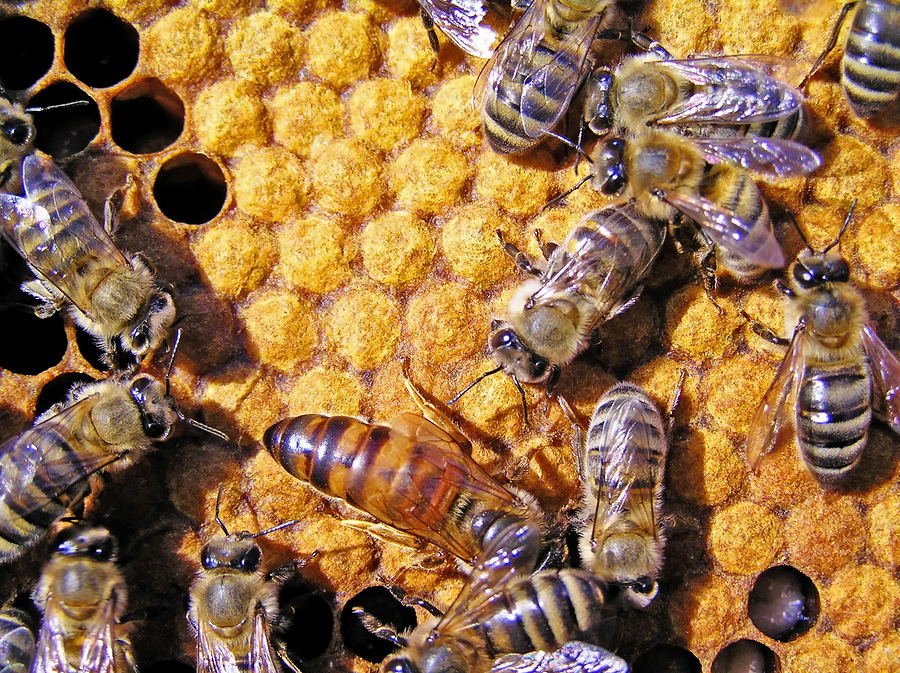New research has found that once (some) queen bumblebees are exposed to the common insecticide thiamethoxam (from the neonicotinoid family), they may never lay eggs or start colonies again. No eggs means no worker bees. And no new colonies could mean their extinction. The findings were published in the journal Nature Ecology and Evolution.1
RELATED ARTICLE:
Nigel Raine, the Rebanks Family Chair in pollinator conservation and a professor at the University of Guelph in Ontario who conducted the study with Dr. Gemma Baron and other researchers from Royal Holloway, University of London, said:
”A reduction this big in the ability of queens to start new colonies significantly increases the chances that wild populations could go extinct.”2
Focusing on spring queens (because they play a “vital role in maintaining bumblebee populations”) the team exposed more than 300 queen bees to “environmental stresses common in the field, including parasite infections. About half of the queen bees survived hibernation, and those that did were then fed a syrup treated with pesticide for two weeks. The amount of insecticide was similar to that found in wild pollen and nectar.”3
RELATED ARTICLE:
Researchers then observed the bees for 10 weeks and recorded their egg-laying behavior and mortality rates.
RELATED ARTICLE:
Given what we know and what this new study found, it’s time for policymakers to pay attention. If we fail to protect them and they die off, our food sources as we know them will dramatically change. And not for the better.












